Many people are trying to do their part to help the environment and combat climate change in all fashions, large and small. A few people turn that goal into a business. One such person is Yassine Khelifi, a Tunisian entrepreneur behind Bioheat, a company that produces and sells burnable bricks made from olive waste as fuel.
Tunisia is one of the world’s biggest producers of olive oil, projected to create 340,000 tonnes of olive oil from 2024 through the end of 2025. The process of creating olive oil creates leftover waste or “pomace.” Rural Tunisians had been burning this olive waste for fuel for their furnaces and using it as feed for livestock for centuries. This is where Khelfi saw potential for an eco-friendly business.
"This is what we need today,” he told France 24 while holding a handful of olive waste paste. “How can we turn something worthless into wealth? I always wondered how this material could burn for so long without going out. That's when I asked myself: 'Why not turn it into energy?'"
After searching for technology throughout Europe that could dry and process the olive waste into solid, dry bricks, Khelfi couldn’t find anything that could do the job. Using his engineering background, he developed a machine that was able to produce briquettes with eight percent moisture. Today, Bioheat is a small operation with only 10 employees but is set to sell and export 600 tonnes of briquettes in 2025, with the majority of its stock being sent to France and Canada.
While Khelfi does hope to profit from the business, he also aims at "reducing the use of firewood as the country faces deforestation and climate change.” Traditional firewood contributes to mass deforestation and takes months to fully dry out to be burned efficiently. Another benefit is that these olive briquettes burn for longer periods of time, saving money on energy costs. One local pizza restaurant in Tunisia claimed that they lowered their energy costs by a third by replacing firewood with Bioheat bricks.
While in a moderate decline since its peak in the 1980s, deforestation is still a global concern. Removing trees for firewood, paper, or other products en masse also removes a resource that reduces carbon emissions on our planet. Ironically, these trees would have been able to help combat the increased carbon emissions created through the processing of wood-based products. The search for substitutes like Khelfi’s olive-based briquettes would help create a more sustainable world overall.
But Khelfi’s discovery is just one example of making a business out of taking a byproduct and finding a purpose for it so it doesn’t add to ever-growing piles of waste. Another example is Toast Brewing Company, a brewery that makes its beer from leftover loaves of bread from bakeries and heel ends of bread from sandwich makers. The Coffee Cherry Company finds and creates uses for the leftover pulp from cultivating coffee beans, turning it into flours and flakes that can be used to make delicious baked goods.
@summerginther This is my first time ever making my own compost so any tips would be greatly appreciated! 💗 #beginnergardener #composting #makingcompost
You, too, could also make the most of the food waste you create. Instead of throwing it away, see if you can use some of your food scraps as composting material. It can enrich and create a good soil for a small garden to grow a few veggies to save money on some produce while adding extra greenery around your home. Large or small changes, business or hobby, we can all take part in reducing waste and helping the climate.





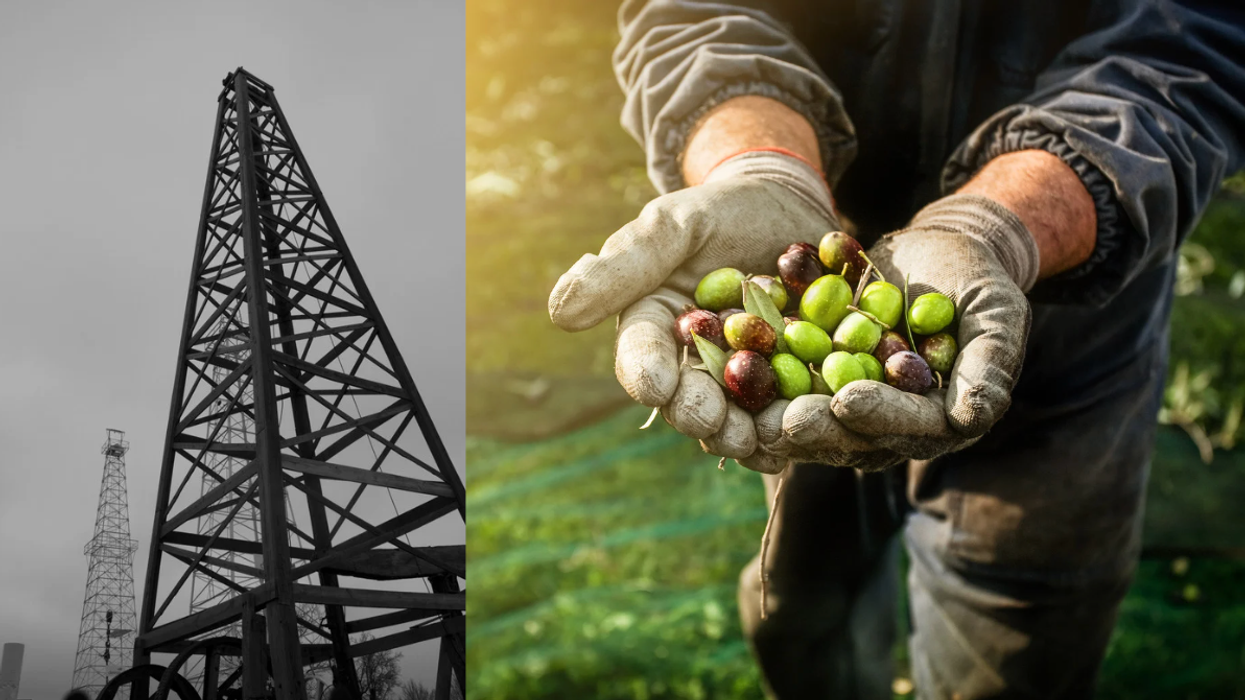











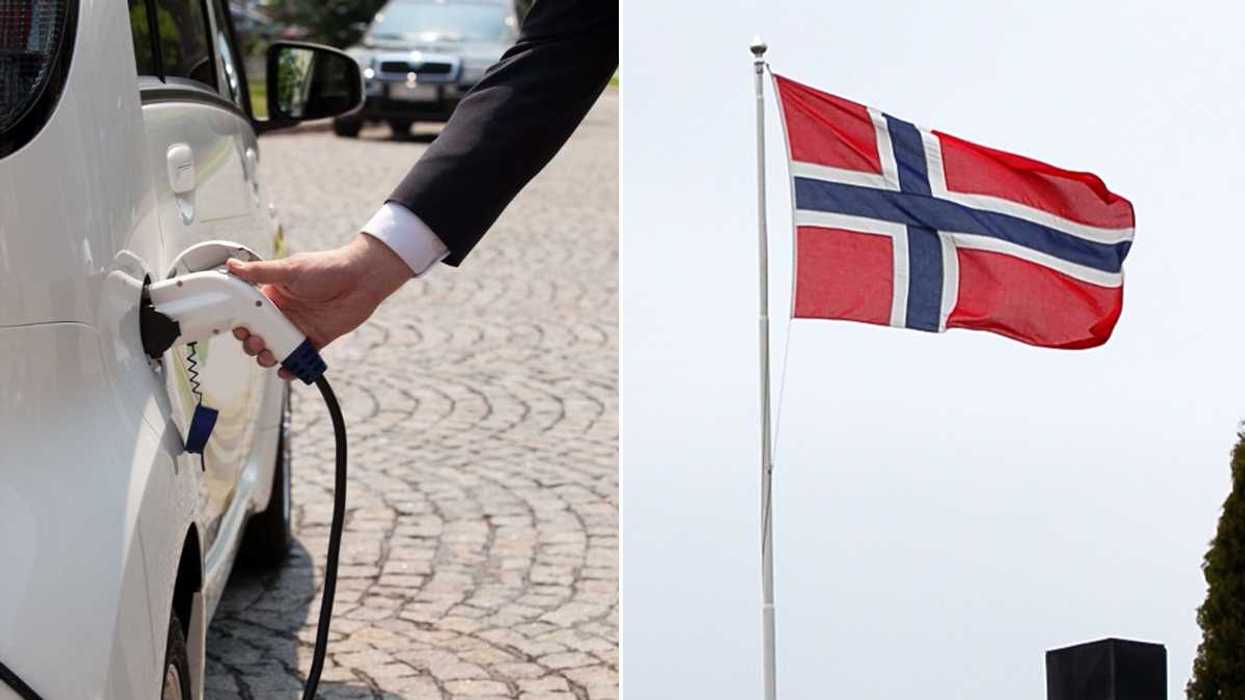
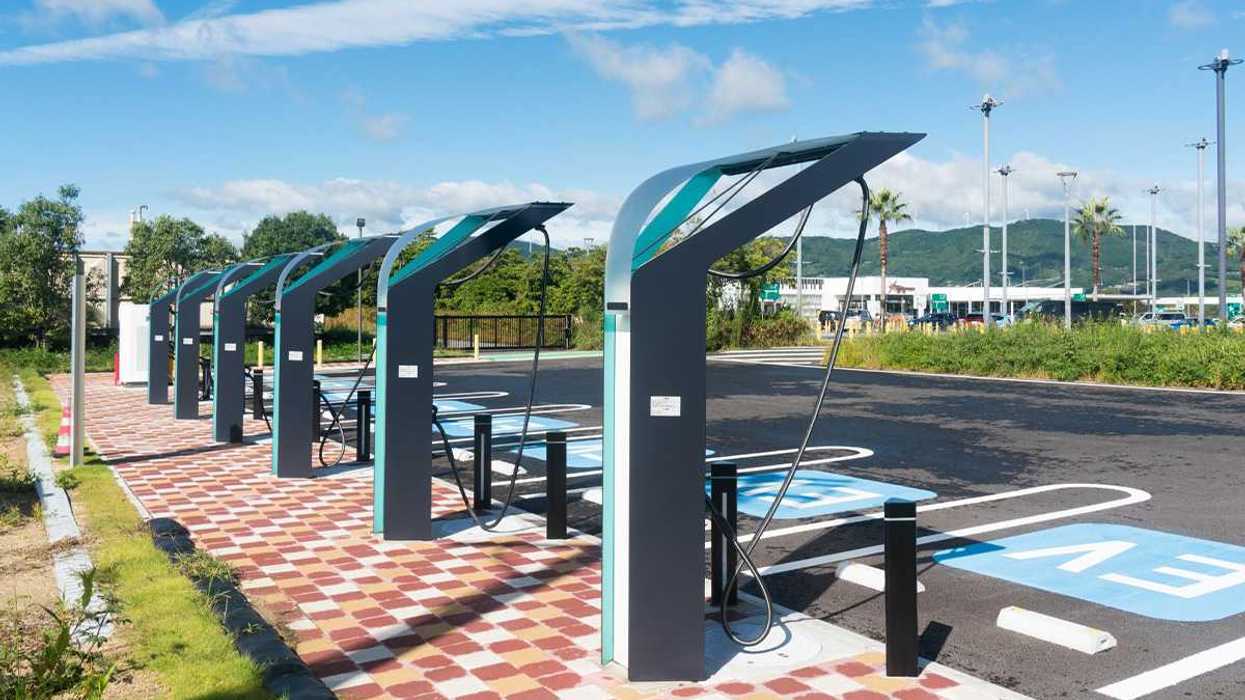 A parking lot for charging electric vehicles.Photo credit
A parking lot for charging electric vehicles.Photo credit 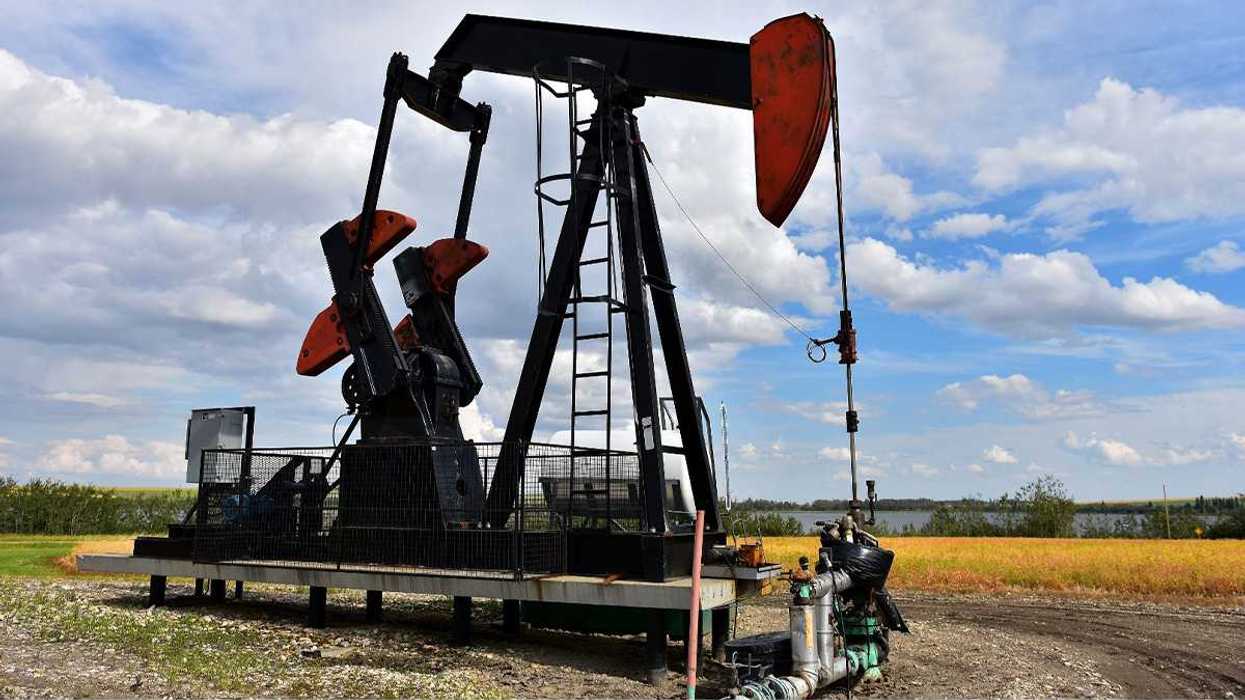 Oil production.Photo credit
Oil production.Photo credit  Sun shines over the Earth.Photo credit
Sun shines over the Earth.Photo credit 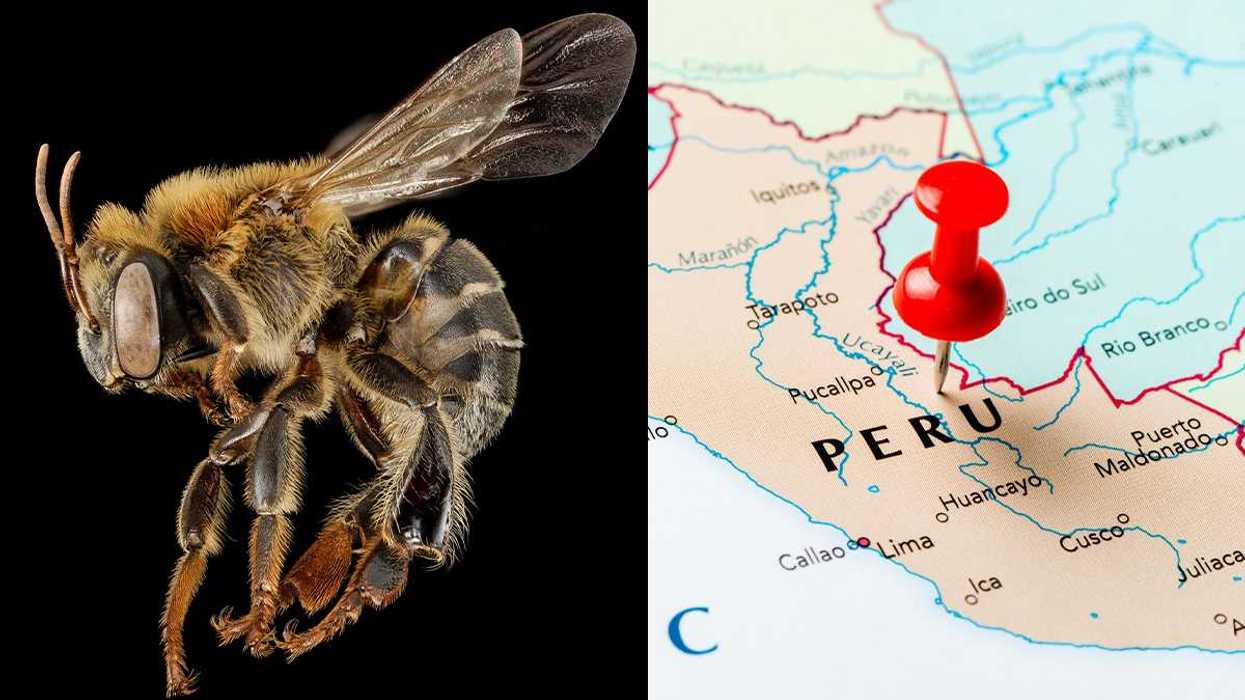
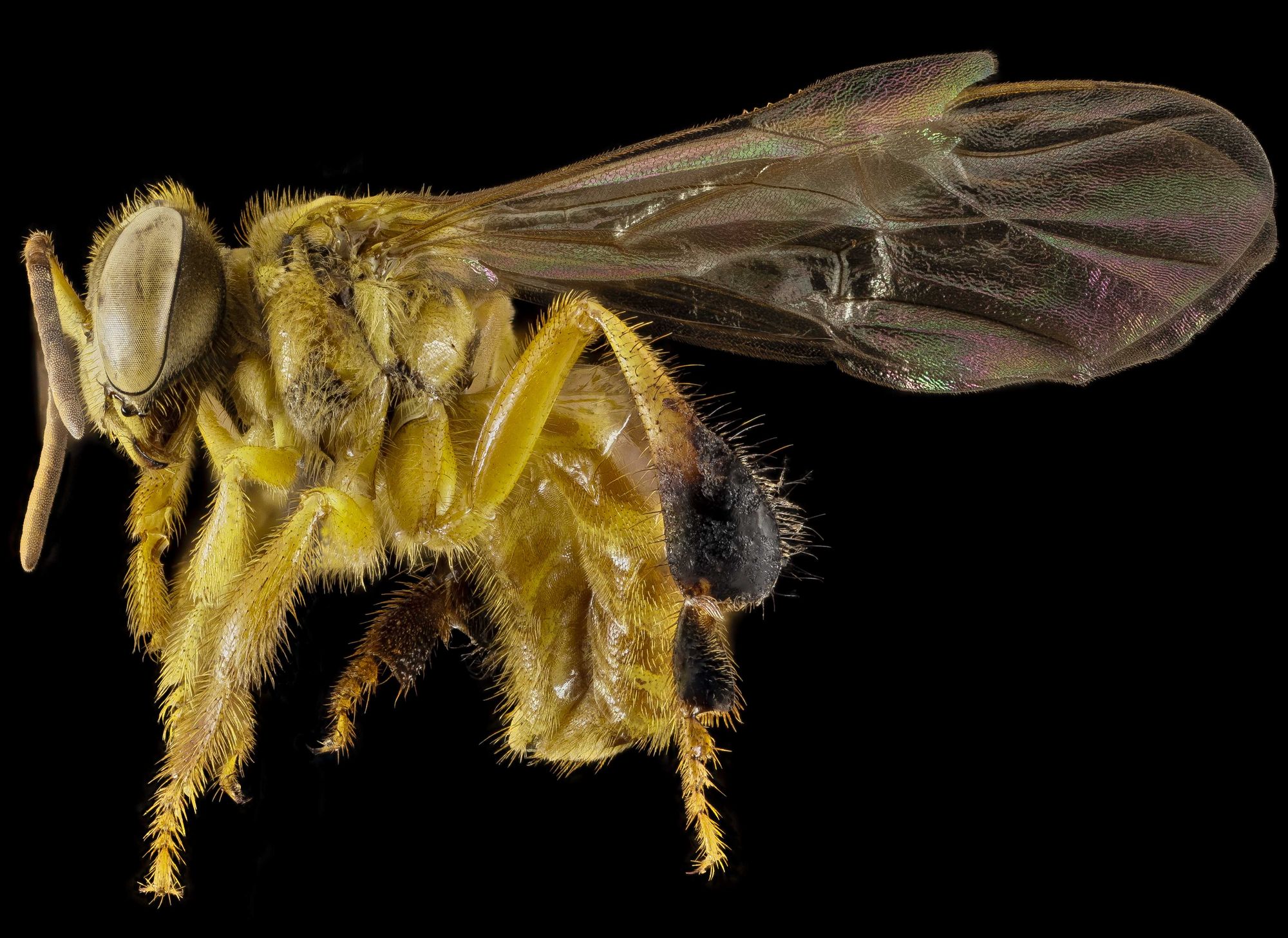 Peru stingless bee.USGS Bee Inventory and Monitoring Lab/
Peru stingless bee.USGS Bee Inventory and Monitoring Lab/ 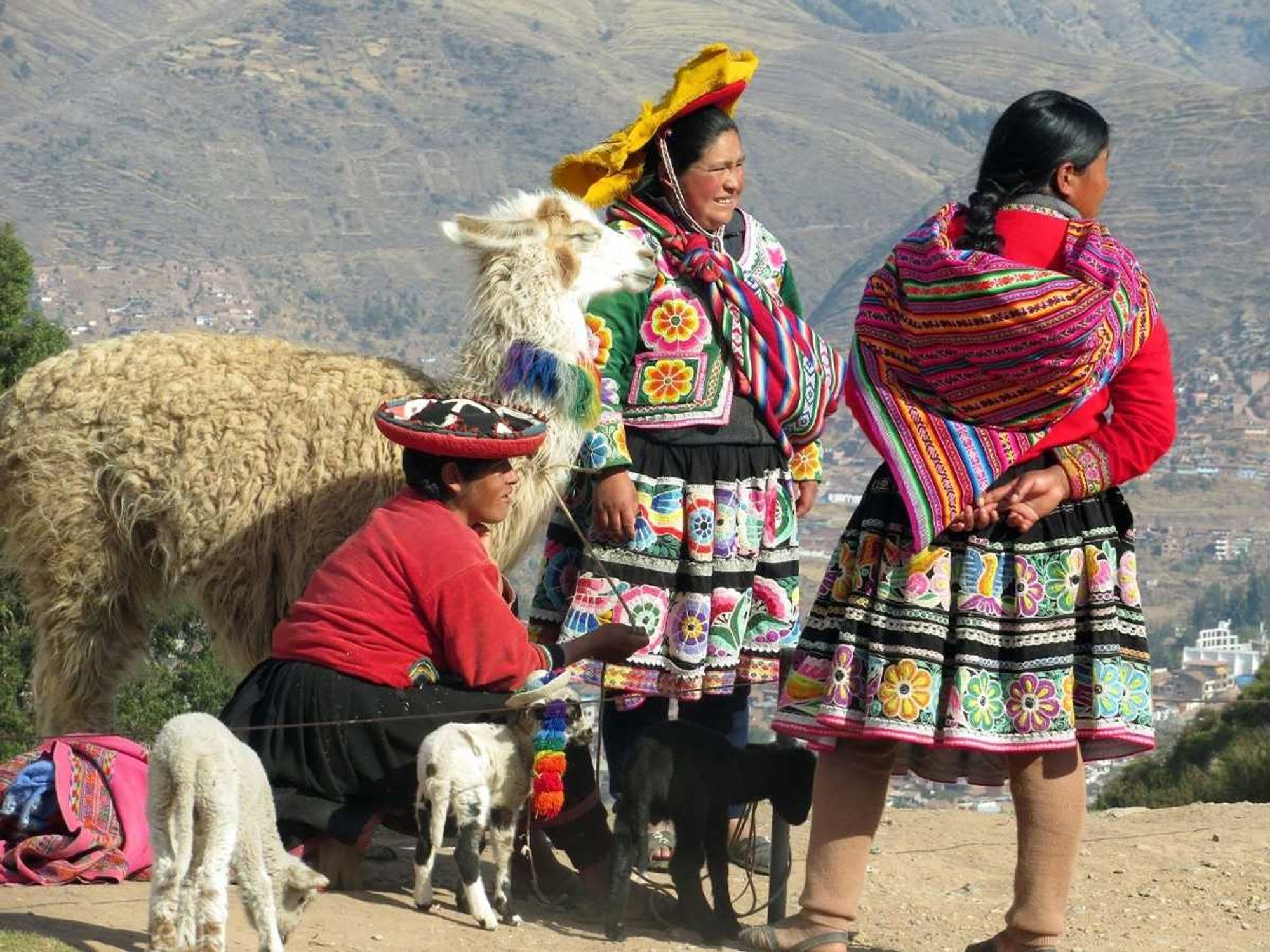 Indigenous Peruvian people.Photo credit
Indigenous Peruvian people.Photo credit 
 Representative Image: Accents reveal heritage and history.
Representative Image: Accents reveal heritage and history.  Representative Image: Even unseen you can learn a lot from an accent.
Representative Image: Even unseen you can learn a lot from an accent. 
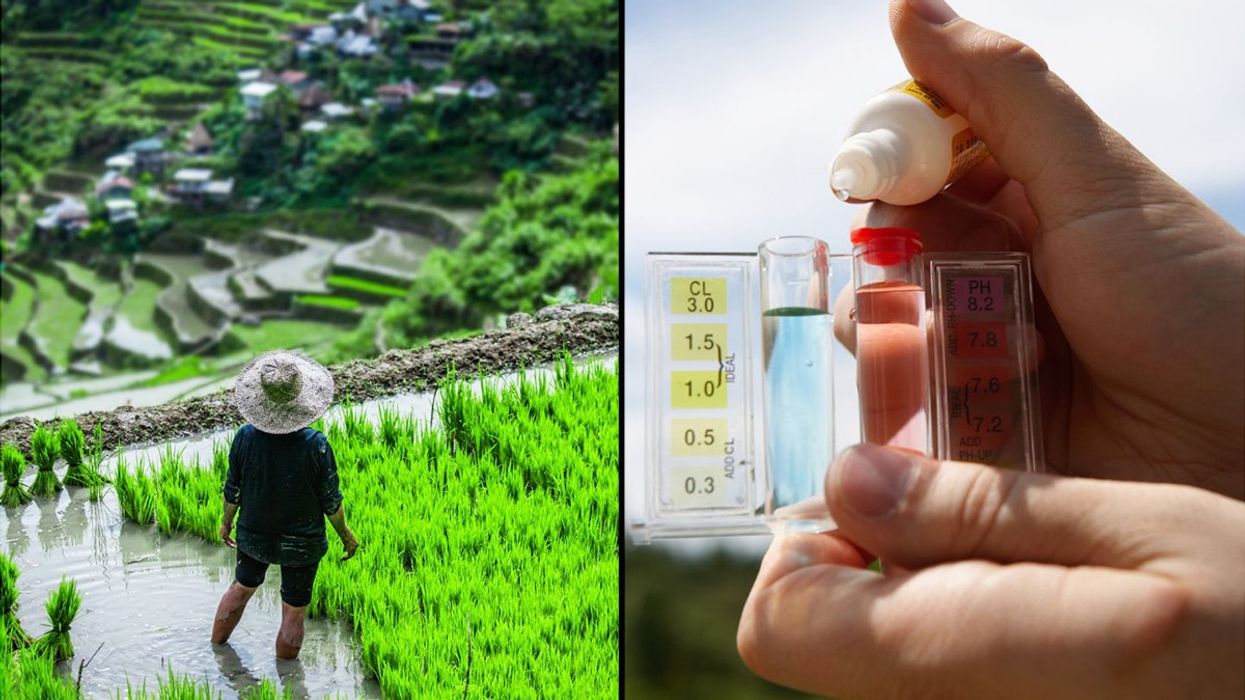
 Rice grain and white rice.Image via
Rice grain and white rice.Image via  Person eats rice.Image via
Person eats rice.Image via  Washing and rinsing rice.
Washing and rinsing rice.  Mother and daughter eating rice meal.Image via
Mother and daughter eating rice meal.Image via 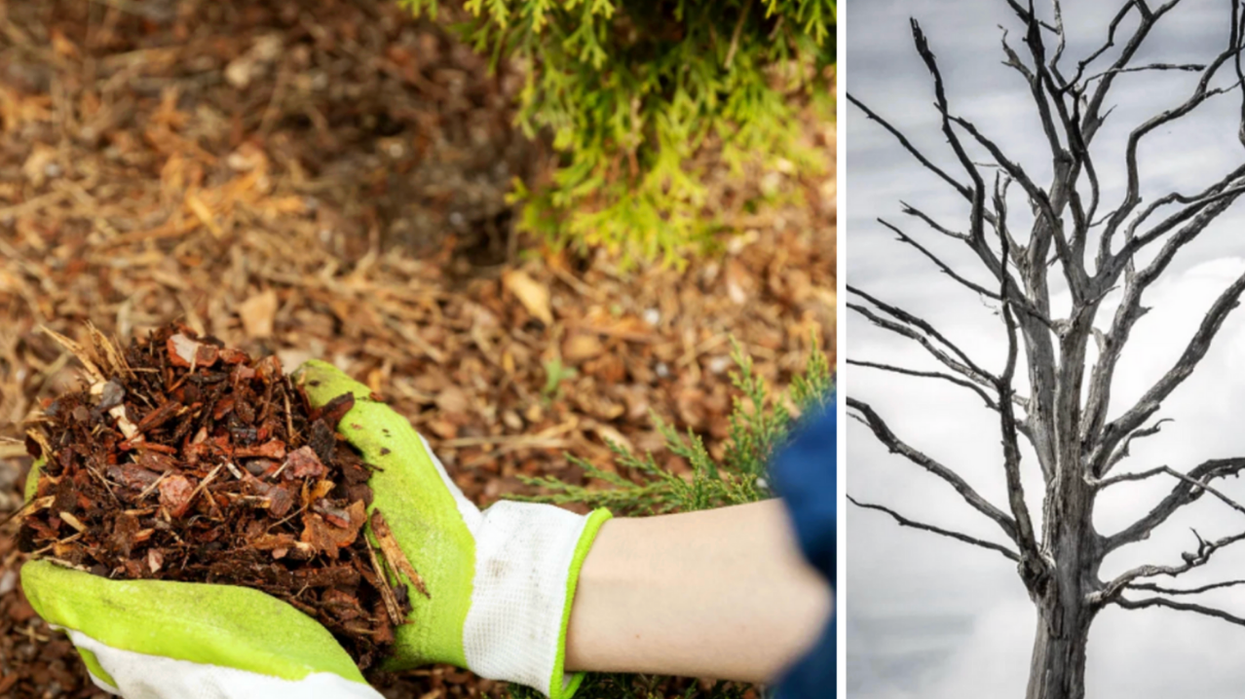
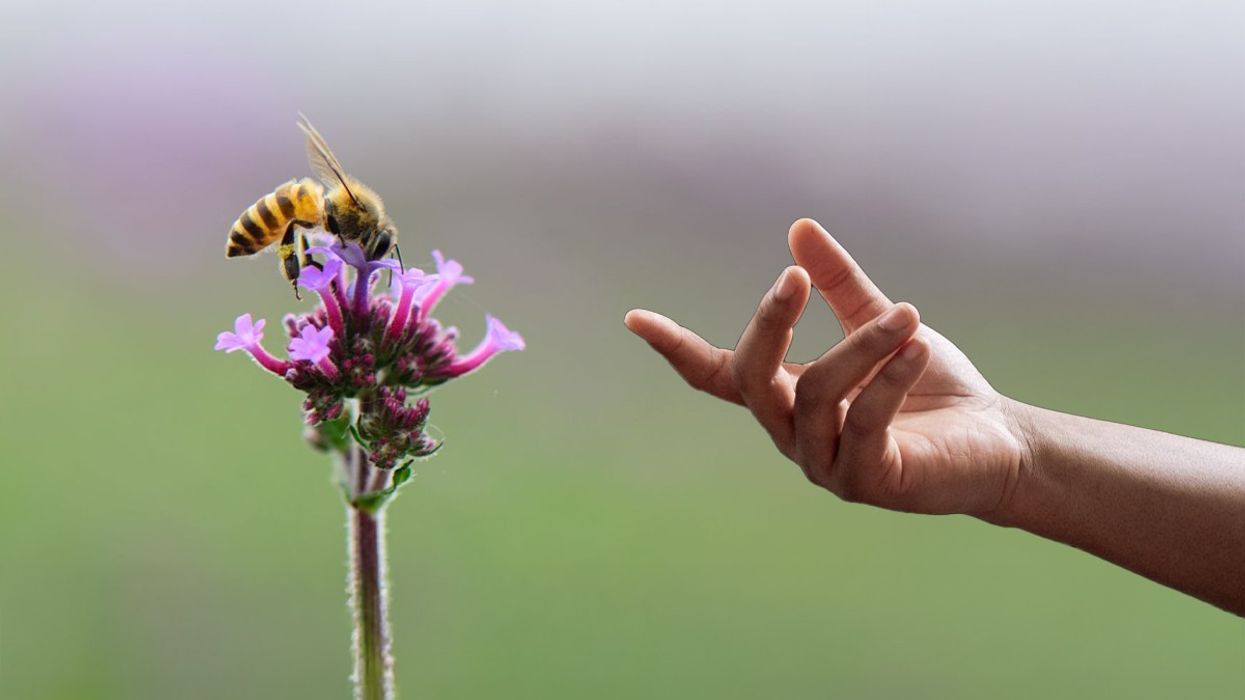
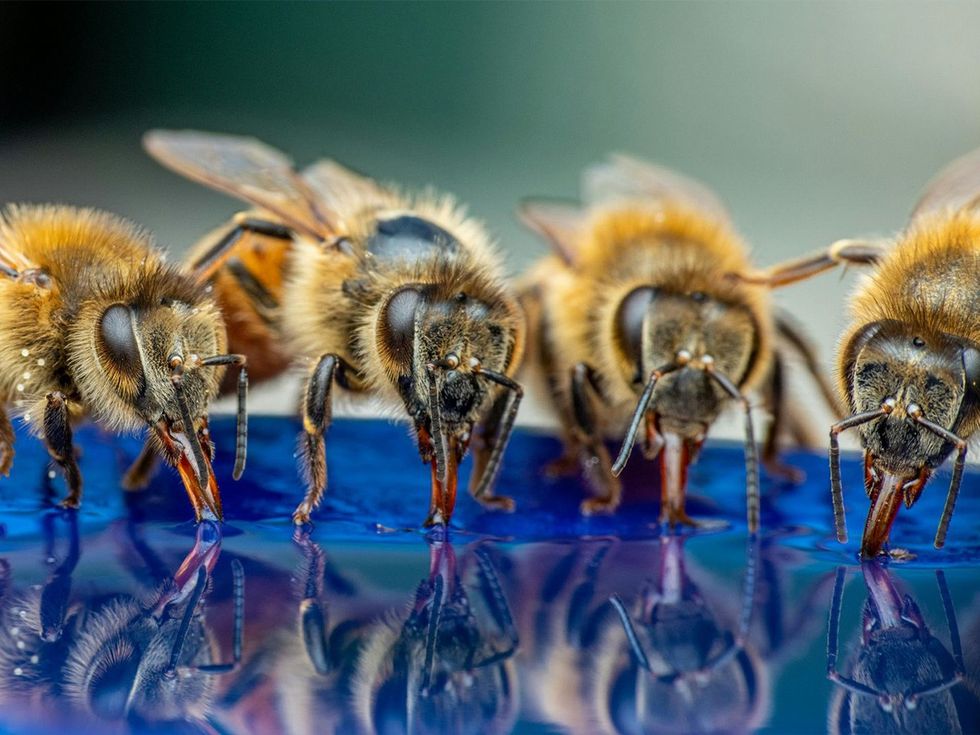 Bees feeding on food source.Image via
Bees feeding on food source.Image via
President Donald J. Trump and photo of a forest.
Public united and adamantly opposes Trump’s plan to roll back the Roadless Rule
There doesn't seem to be much agreement happening in the U.S. right now. Differing moral belief systems, economic disparity, and political divide have made a country with so many positives sometimes feel a little lost. Everyone desperately seeks a niche, a connection, or a strong sense of community to which they can feel a "part of," rather than just "apart."
But there seems to be one thing that the country strongly unites over, and that's the "Roadless Rule." With the Trump Administration attempting to roll back conservation policies that protect U.S. National Forests, Americans are saying in harmony an emphatic "No." A nonpartisan conservation and advocacy organization, the Center for Western Priorities, reviewed a comment analysis on the subject. After receiving 223,862 submissions, a staggering 99 percent are opposed to the president's plan of repeal.
What is the 'Roadless Rule' policy implemented in 2001?
The Roadless Rule has a direct impact on nearly 60 million acres of national forests and grasslands. According to the U.S. Department of Agriculture, the rule prohibits road construction and timber harvests. Enacted in 2001, it is a conservation rule that protects some of the least developed portions of our forests. It's considered to be one of the most important conservation wins in U.S. history.
America's national forests and grasslands are diverse ecosystems, timeless landscapes, and living treasures. They sustain the country with clean water and the wood products necessary to build our communities. The National Parks protected under their umbrella offer incredible recreational retreats and outdoor adventure.
Why does the administration want to roll it back?
U.S. Secretary of Agriculture Brooke L. Rollins told the Department of Agriculture in a 2025 press release, “We are one step closer to common sense management of our national forest lands. Today marks a critical step forward in President Trump’s commitment to restoring local decision-making to federal land managers to empower them to do what’s necessary to protect America’s forests and communities from devastating destruction from fires." Rollins continued, “This administration is dedicated to removing burdensome, outdated, one-size-fits-all regulations that not only put people and livelihoods at risk but also stifle economic growth in rural America. It is vital that we properly manage our federal lands to create healthy, resilient, and productive forests for generations to come. We look forward to hearing directly from the people and communities we serve as we work together to implement productive and commonsense policy for forest land management.”
Forest Service Chief Tom Schultz explained the Roadless Rule frustrated land management and acts as a challenging barrier to action. It prohibits road construction needed to navigate wildfire suppression and properly maintain the forest. Schultz said, “The forests we know today are not the same as the forests of 2001. They are dangerously overstocked and increasingly threatened by drought, mortality, insect-borne disease, and wildfire. It’s time to return land management decisions where they belong – with local Forest Service experts who best understand their forests and communities."
Why are people adamantly opposed to the proposed rollback?
A 2025 article in Earthjustice, a nonprofit environmental law organization, expressed its concern over the protection of national forests covering 36 states and Puerto Rico. A rescinded rule allows increased logging, extractive development, and oil and gas drilling in previously undisturbed backcountry. Here is what some community leaders had to say about it:
President Gloria Burns, Ketchikan Indian Community, said, "You cannot separate us from the land. We depend on Congress to update the outdated and predatory, antiquated laws that allow other countries and outside sources to extract our resource wealth. This is an attack on Tribes and our people who depend on the land to eat. The federal government must act and provide us the safeguards we need or leave our home roadless. We are not willing to risk the destruction of our homelands when no effort has been made to ensure our future is the one our ancestors envisioned for us. Without our lungs (the Tongass) we cannot breathe life into our future generations.”
Linda Behnken, executive director of the Alaska Longline Fishermen’s Association, stated, "Roadbuilding damaged salmon streams in the past — with 240 miles of salmon habitat still blocked by failed road culverts. The Roadless Rule protects our fishing economy and more than 10,000 jobs provided by commercial fishing in Southeast Alaska.”
The Sierra Club's Forest Campaign Manager Alex Craven seemed quite upset, saying, "The Forest Service followed sound science, economic common sense, and overwhelming public support when they adopted such an important and visionary policy more than 20 years ago. Donald Trump is making it crystal clear he is willing to pollute our clean air and drinking water, destroy prized habitat for species, and even increase the risk of devastating wildfires, if it means padding the bottom lines of timber and mining companies.”
The 2025 recession proposal would apply to nearly 45 million acres of the national forests. With so many people writing in opposition to the consensus, the public has determined they don't want it to happen.
Tongass National Forest is at the center of the Trump administration's intention to roll back the 2001 Roadless Rule. You can watch an Alaska Nature Documentary about the wild salmon of Tongass National Forrest here:
- YouTube www.youtube.com
The simple truth is we elect our public officials to make decisions. The hope is they do this for all of our well-being, although often it seems they do not. Even though we don't have much power to control what government officials do, voicing our opinions strongly enough often forces them to alter their present course of action. With a unanimous public voice saying, "No!" maybe this time they will course correct as the public wishes.